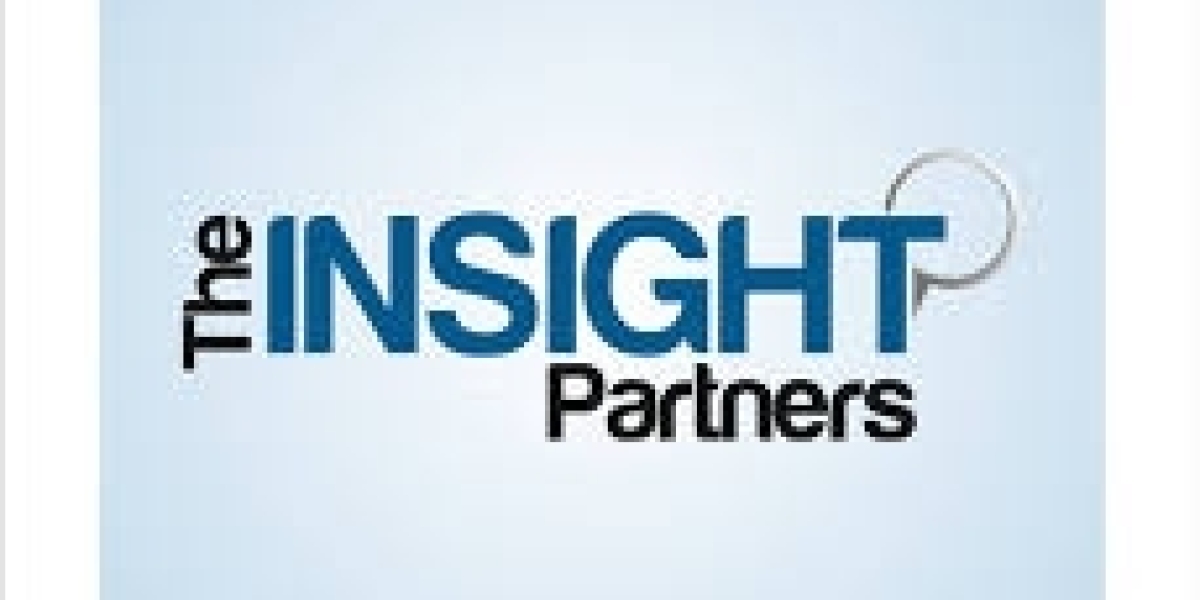Debt Collection Services: An Overview
Debt collection services play a vital role in the financial ecosystem by helping businesses recover unpaid invoices and overdue accounts. Whether it’s a small business dealing with delinquent customers or a large financial institution managing thousands of accounts, debt collection services offer professional solutions to recover funds while ensuring compliance with legal and ethical standards.
What Are Debt Collection Services?
Debt Collection Services Market Size are specialized firms or agencies that assist creditors in recovering outstanding debts from individuals or businesses. These agencies act as intermediaries between the creditor and the debtor, using various methods to encourage repayment of overdue accounts.
Types of Debt Collection Services
- First-Party Collections:
- Conducted by the original creditor.
- Usually takes place within the first 30-90 days of delinquency.
- Aimed at maintaining customer relationships.
- Third-Party Collections:
- Managed by an independent collection agency.
- Creditors outsource the debt after internal efforts fail.
- Agencies may charge a percentage of the recovered amount.
- Debt Buyers:
- Companies that purchase delinquent debt portfolios from creditors.
- They own the debt and can pursue collection independently.
Key Functions of Debt Collection Agencies
- Contacting Debtors: Through letters, emails, phone calls, or legal notices.
- Negotiating Repayments: Offering structured payment plans or settlements.
- Credit Reporting: Reporting unpaid debts to credit bureaus to encourage repayment.
- Legal Action: Initiating lawsuits if debts remain unpaid and within legal bounds.
- Compliance Management: Ensuring practices adhere to regulations like the Fair Debt Collection Practices Act (FDCPA) or other local laws.
Benefits of Using Debt Collection Services
- Increased Recovery Rates: Professional collectors often recover more than in-house teams.
- Time and Cost Efficiency: Saves businesses time and resources.
- Legal Protection: Agencies understand and follow debt collection laws.
- Customer Relationship Management: Skilled agents can maintain a professional tone, preserving the brand's reputation.
Challenges and Ethical Considerations
- Consumer Rights: Agencies must respect the rights of debtors and avoid harassment or false threats.
- Reputational Risk: Aggressive tactics can damage a company’s image.
- Compliance Risks: Missteps can result in legal penalties and lawsuits.
Trends in the Debt Collection Industry
- Digital Transformation: Use of AI, chatbots, and automated systems for outreach.
- Data-Driven Strategies: Analytics to prioritize accounts and optimize collection efforts.
- Regulatory Scrutiny: Growing importance of compliance and ethical standards.
- Globalization: Expanding operations to recover debts across borders.
Conclusion
Debt collection services are essential for maintaining the financial health of businesses across sectors. By outsourcing to experienced and compliant agencies, companies can ensure efficient recovery of outstanding debts while safeguarding customer relationships and adhering to legal frameworks. As the industry evolves, the focus is increasingly shifting towards ethical practices, technology adoption, and customer-centric approaches.
Related Report -
Capital Exchange Ecosystem Market







